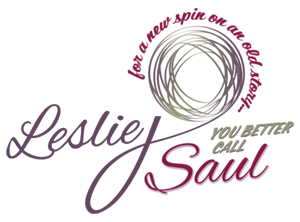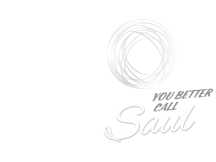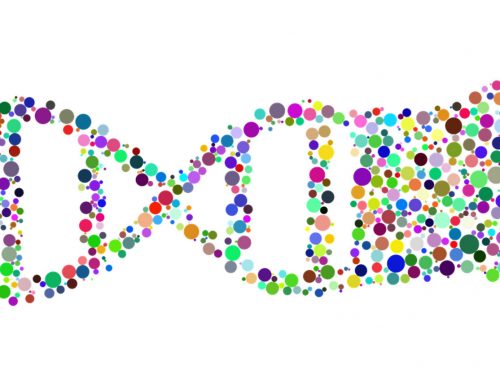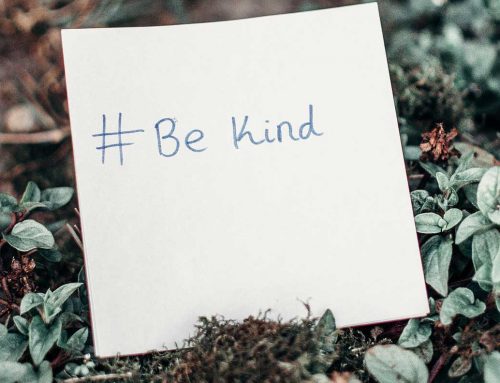 You know the scenario.
You know the scenario.
You’re in the middle of a conversation with a friend when, for one reason or another, things start to go south. You feel misunderstood or manipulated, maybe unheard or minimized. Tension builds in your gut and in a split second, it happens: you disconnect. This is where things get really dicey because the human brain is a great storyteller even when it doesn’t have all the facts.
Left to its own devices, your mind starts weaving a web of frustrated and insecure thoughts. Active listening has pretty much gone out the window by now, the other person’s actual words replaced by the one-sided narrative your mind is telling. Before you know it, you are in full-blown fight mode; your heart rate elevates, your breathing accelerates, your skin gets clammy, and every cell of your body vibrates with a feeling many of us have felt at one time or another. Rage.
Many of us deal with rage in our relationships, both personal or professional. Sometimes it’s justified, and sometimes it’s just a product of miscommunication. Since emotions are difficult to avoid completely, can we work with them instead? Can we put a new spin on an old story? Absolutely.
What makes the difference between destructive rage and useful rage? Our ability to dial down the emotion long enough to actively choose how to handle the situation.
Follow the neon sign
Do you often find yourself getting pissed off about something you don’t care about? If you’re like me, probably not. We tend to save our intense emotional energy for what matters most to us. In that way, rage can be a great teacher. If you can slow down and pay attention to what’s behind the fire-in-the-pit-of-your-stomach feeling, rage can act as a bright, flashing neon sign pointing you in the direction of what’s most important to you.
Next time you find yourself in a moment of anger, slow down! Interrupt the spiral into storytelling, take a few deep breaths, and ask yourself a few questions.
- What part of the interaction ACTUALLY has you so out of sorts?
- Have your words or actions been misunderstood?
- Does it seem like you’re being misled?
- Are you feeling disrespected?
Here’s the thing about your strong emotional responses: they’re either going to be your best friend or your worst enemy, and you get to choose which it’s going to be. As you dig to the root of rage, use it to learn something new about yourself! What shuts you down and causes you to disconnect in your relationships? How can you use that information to get back in touch with the person you’re with?
Communicate to reconnect
When you’ve nailed down what the problem is, the most important tool in your toolbox is communication. No, really. I know it feels like the last thing you should be doing when you’re in rage mode, but talking calmly and directly is the road back to connection. Most likely, none of the people in your life are mind readers. As you learn what causes disconnect, share it! There are a lot of ways to start.
- “I felt like I wasn’t being heard when you said…”
- “I really want us to work together to solve this, but I’m feeling…”
- “I think we got off track. Here’s how I’m interpreting what you said… Is that what you were trying to say?”
This can feel especially difficult in professional settings. Most of us have been taught that the personal and the professional are separate, that emotional intelligence skills might be inappropriate in a business setting. The truth, though, is that the professional IS personal. The ability to stay connected is just as important in the office as it is in your living room. You want to be successful in both places, right? Communication is a critical piece of the puzzle.
Spin rage and choose your own ending
 Here’s the thing. We’ve been taught that certain emotions are bad and should be avoided at any cost. That belief doesn’t keep us from having challenging emotions, it just means we don’t have the tools to cope with them.
Here’s the thing. We’ve been taught that certain emotions are bad and should be avoided at any cost. That belief doesn’t keep us from having challenging emotions, it just means we don’t have the tools to cope with them.
Rage isn’t all that scary; it’s just a feeling, energy inside the body. You can choose what to do with it. People have always had to decide what to do with intense bursts of anger and frustration. Rage has been the catalyst for the destruction of entire civilizations, but it has also been the birthplace of the most profound movements toward justice and restoration. This is true on a global scale, and it can also be true for you.
Next time you’re experiencing relational rage, look at yourself closely. Decide whether you want to disconnect or connect. The rage spiral is not your only option. You can choose to slow down for a minute, ask yourself what the problem is, and open up to the possibility of communicating through it. Perhaps instead of going down the rabbit hole and into your own story, you can use the moment to ask good questions, create space for more honesty, and reconnect instead.

